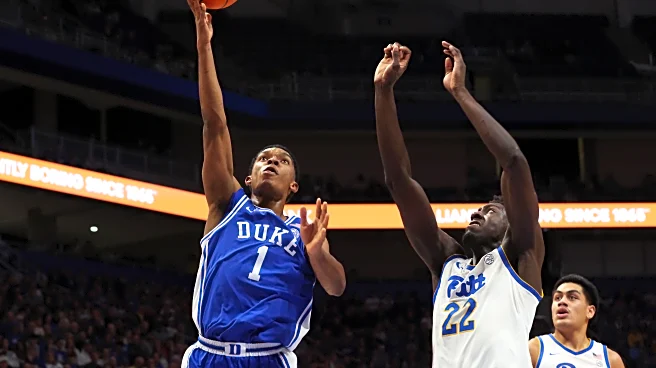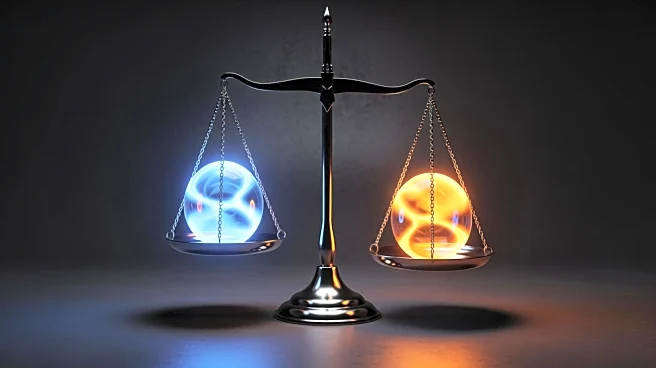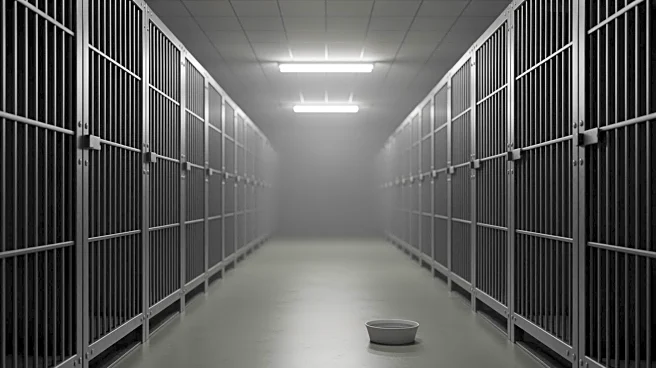Rapid Read • 8 min read
College sports in the United States are undergoing significant changes as the status of athletes evolves. Historically, college athletics were more akin to club sports, but over the past 75 years, they have become increasingly professionalized, particularly in football and men's basketball, which generate substantial revenue. Recent court rulings have allowed college athletes to receive compensation from advertisers, fans, and their institutions, marking a shift in how these sports are perceived and managed. This development is reshaping the careers of athletes and altering the traditional college sports experience. The changes are prompting discussions about the future of niche sports, such as squash and water polo, which may face challenges as resources are redirected towards revenue-generating sports.
AD
The transformation in college sports has broad implications for the U.S. educational and athletic landscape. Allowing athletes to be compensated could lead to a more equitable distribution of resources and opportunities, potentially reducing the financial exploitation of student-athletes. However, it also raises concerns about the sustainability of less popular sports, which may struggle to survive without the financial backing they previously received. This shift could lead to a more commercialized college sports environment, impacting the traditional amateur status of college athletes. Stakeholders, including educational institutions, athletes, and sports organizations, must navigate these changes carefully to balance financial interests with the educational and developmental goals of college sports.
As college sports continue to evolve, institutions may need to reassess their priorities and resource allocations. The potential decline of niche sports could lead to a reevaluation of athletic programs and their role in higher education. Additionally, the new financial dynamics may prompt further legal and regulatory scrutiny to ensure fair compensation practices and maintain the integrity of college sports. Stakeholders, including universities, athletic associations, and policymakers, will likely engage in ongoing discussions to address these challenges and opportunities, shaping the future of college athletics in the U.S.
The shift in college sports also touches on broader societal issues, such as the role of athletics in education and the influence of wealth and privilege in sports. The potential decline of niche sports could exacerbate existing inequalities, as these sports often provide opportunities for students from diverse backgrounds. Furthermore, the commercialization of college sports may lead to ethical debates about the balance between education and entertainment, as well as the impact on student-athletes' academic and personal development.
AD
More Stories You Might Enjoy











